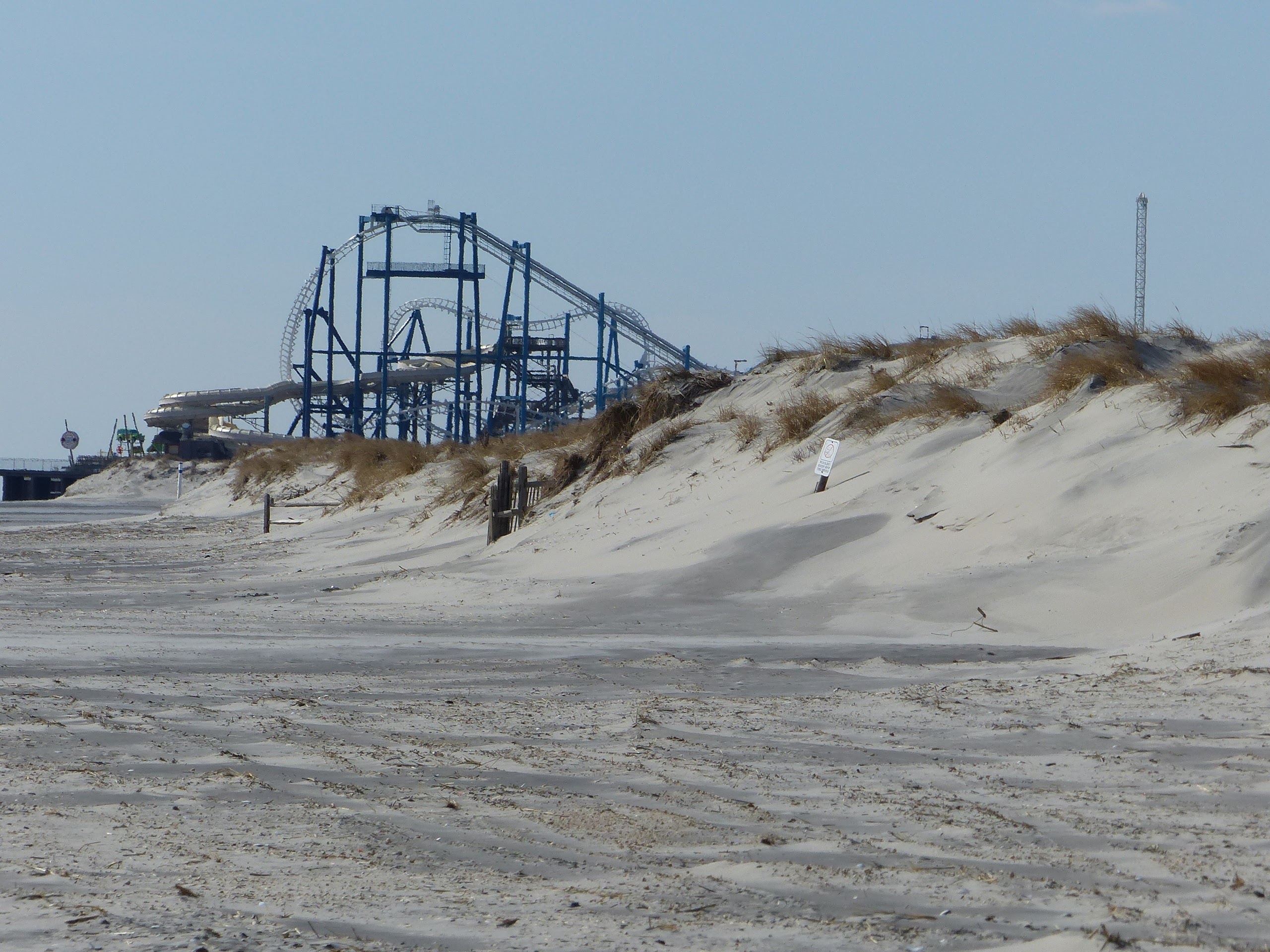On the brink of another NFL season the talk has included the advent of an 18-game regular season schedule. Is this messin’ with success or is the NFL simply a can’t-go-wrong powerhouse?
Over the years, the season has grown from 12 to 14 to the current 16 games. Football personifies successful American capitalism because it is obviously the product people can’t get enough of.
The dictionary deems capitalism to be, “An economic system in which the production and distribution are privately or corporately owned and development is proportionate to the accumulation and reinvestment of profits gained in a free market.”
The definition is best illustrated by an Eagles franchise worth less $200 million 15 years ago to more than $1.1 billion today.
Those who argue about public money funding cash-cow stadiums lose sight of the financial benefits for everyone.
The NFL stadium is a boon to bridges with their toll takers, vendors with their food and paraphernalia products, cooks who prepare the stadium delicacies, hawkers who deliver the beverages and snacks to the seats, corporations which entertain clients, and the list goes on and on.
Government corruption and inept politicians waste billions of dollars. The so-called “bridge to nowhere” is a lot more painful to the public pocketbook than the bridge to a stadium complex.
The reasons for football’s incredible rise in popularity trace to television and highlight video. The game plays well on the tube and NFL Films, specifically, has played a major role in presenting slow-motion, musical highlight videos which give dramatic looks to the game.
The foresight and skill of NFL Films’ founder Ed Sabol along with the vision of Pete Rozelle, the late, great NFL Commissioner and former PR man, truly kick started the game’s popularity.
The league used to present six preseason games when training camps included an unlimited number of players trying to establish themselves. In the days before awareness about hydration and other health risks, the players labored in two-a-days for six or more weeks in training camp. These days, the athletes remain in top shape throughout the year.
The fear of an 18-game regular season is the toll it will take on bodies. Football is a violent game, which may be another factor in its popularity. Look at professional wrasslin,’ mixed martial arts, or the so-called “sweet science” of boxing. Each of those “sports” is designed for one human being pulverize the other.
And don’t get me started about head injuries. Professional boxers do not wear head gear like the amateurs because the goal is to knock the other guy out. If we wanted to prevent head injuries, the true science of artful jabs and upper cuts would be the primary sources of scoring to win a match. Is it necessary for one or the other to be bloodied and lying on the canvas? Or is that what the people want?
There is no reason that football cannot better legislate blows above the shoulders. They’ve already disallowed contact to the quarterback’s helmet so why not just remove it from the game entirely? If we’re concerned about the injuries of an 18-game schedule then let’s start with ruling out contact to the head. Or don’t the people want that?
How is it that rugby competitors toil in a tough sport without helmets and shoulder pads? A rugby coach once told me that the lack of padding creates a mutual respect for how the game should be contested and how contact is made.
The NFL can get away with an 18-game schedule because the people want it. It’s a weekly joy fest for true football fans to pull up a comfortable seat, a beverage, snacks, and NFL Red Zone in HD. You can’t beat it.
The current four-game exhibition schedule would be reduced by two, which may give coaches and personnel people precious little tape on which to gauge a young player’s potential. Many no-name athletes from small schools have gotten their starts by performing well in otherwise meaningless exhibition games.
The union will and should push for expanded rosters. Several years ago the NFL acted upon its depth and attrition problem by adding the five-man “practice squad.” More jobs and opportunities sound like capitalism to me.
The18-game schedule may also include another bye week to rest banged up bodies and even a more comprehensive medical plan for players.
I favor using enhanced revenues to care for the old timers, men who played the game when it was becoming an American institution. These guys held real jobs in the off-season, lived in average neighborhoods and were never aloof. They were just people who loved the game. Their pay was modest and they were approachable.
If you haven’t chuckled when watching an NFL Films presentation about football in the 1950s, then you’re not a football fan. The storytelling about that era is a must hear.
The move to an 18-game schedule appears to have few risks for an NFL product that basks in the glory of expanding merchandise and ticket sales, explosive cable ratings and consistently entertaining videos.
But capitalism is fickle. Making changes to a currently popular product can be risky “business.” Just ask Coca Cola about that one. And whatever happened to that new taste that tried to bump “Coke Classic?” As my favorite radio host, ESPN’s Colin Cowherd says, “Don’t try to be happier than happy.”
Reach Rossi at joerossi61@comcast.net
.







